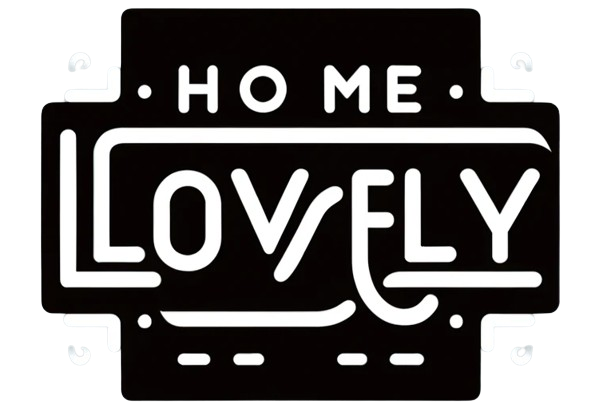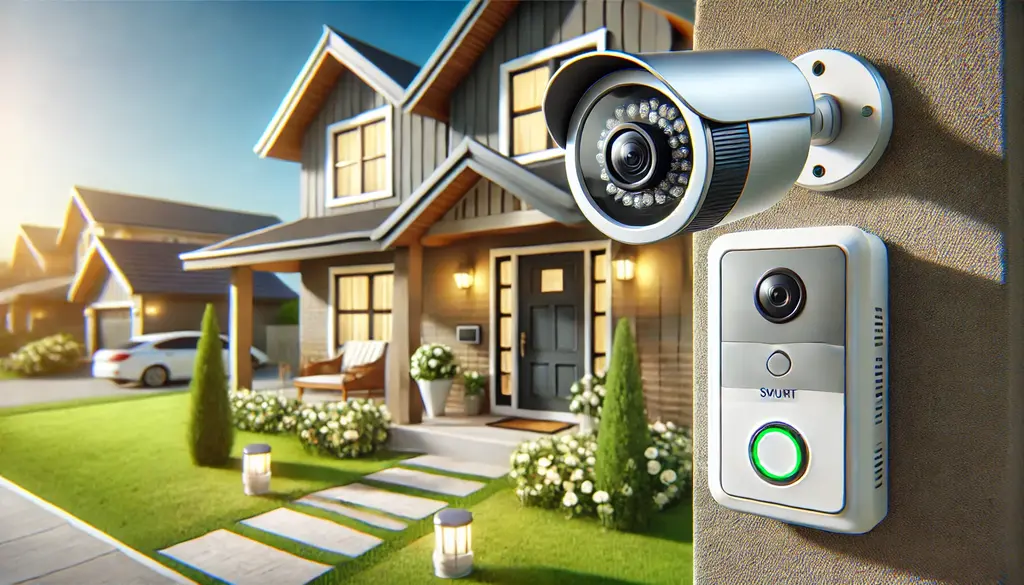The safety and security of your home are some of the most important things you can invest in. Every homeowner’s nightmare is waking up to find their property broken into or loved ones at risk. But is a home security system the right solution for everyone?
This question has puzzled many, and in this article, we will explore whether a home security system is a necessity for your home, what benefits it offers, and how to choose the right one for your needs.
Understanding Home Security Systems
A home security system is much more than an alarm or a set of cameras. It’s a network of interconnected devices designed to protect your home from potential intrusions, theft, and other emergencies like fires or gas leaks. Modern systems integrate advanced technology, including motion detectors, entry sensors, surveillance cameras, and even smart features that allow remote monitoring. By connecting to your smartphone, tablet, or computer, a home security system can notify you of suspicious activities, giving you peace of mind whether you’re at home or away.
Evaluating the Need for a Home Security System
Do you need a home security system? Let’s check it out:
Home Burglary Statistics
The first step in determining whether you need a home security system is understanding the risks. According to crime data, homes without security systems are up to three times more likely to be broken into than those with them. Burglars often target homes that appear unprotected, making a visible security system a powerful deterrent. Even in neighborhoods with low crime rates, no home is entirely immune to risks, which is why taking preventative measures is crucial.
Personal Risk Assessment
Your specific situation plays a significant role in deciding whether a security system is essential. Factors like your location, the visibility of your property, and whether you’ve experienced or heard of burglaries nearby can influence your decision. For example, rural homes may face fewer break-ins but often take longer to receive emergency response due to their remote location. Urban properties, on the other hand, may experience higher crime rates but benefit from quicker access to police or fire services.
Benefits of Installing a Home Security System
Here are some benefits of installing a home security system:
Deterrence of Criminal Activity
One of the most significant advantages of a home security system is its ability to deter potential criminals. The mere presence of cameras, alarms, or yard signs indicating a monitored system can make intruders think twice before attempting a break-in. Criminals are more likely to move on to an easier target if they suspect a home is protected.
Protection of Valuables and Loved Ones
Beyond preventing break-ins, a security system safeguards the people and things you care about most. Whether it’s ensuring your children are safe after school or protecting valuable possessions like jewelry or electronics, a robust system gives you a layer of protection that no locked door can guarantee.
Remote Monitoring and Control
Modern security systems come with smart technology that allows homeowners to monitor their property remotely. Using a smartphone or computer, you can check live footage from cameras, lock or unlock doors, and even control lighting. This feature is invaluable for frequent travelers or parents who want to ensure their children are safe when they’re not at home.
Potential Insurance Discounts
Did you know that having a home security system can reduce your homeowner’s insurance premiums? Many insurance companies recognize the reduced risk of theft and damage that comes with a security system, offering discounts that help offset the system’s cost over time.
Potential Drawbacks and Considerations
Here are some potential drawbacks and consideration:
Cost Implications
While the benefits of a security system are undeniable, they do come at a cost. Initial installation fees, monthly monitoring charges, and equipment maintenance can add up. However, with a growing market, there are plenty of affordable options, including DIY systems that don’t require professional installation.
False Alarms
One of the common complaints about home security systems is false alarms. These can occur due to user error, technical issues, or even pets triggering motion detectors. False alarms can be frustrating and, in some cases, may result in fines if emergency services are dispatched unnecessarily.
Privacy Concerns
Security systems with cameras raise valid privacy concerns. If not adequately secured, these systems can become a target for hackers. Ensuring your system has strong encryption and frequently updated software is critical to mitigating these risks.
Types of Home Security Systems
Here are some top types of home security systems:
Monitored vs. Unmonitored Systems
Monitored systems connect to a professional monitoring service that alerts authorities in case of an emergency. Unmonitored systems rely on alarms or notifications to alert the homeowner. While monitored systems offer greater peace of mind, they come with recurring fees, whereas unmonitored systems have lower ongoing costs.
Wired vs. Wireless Systems
Wired systems require professional installation and are typically more reliable, but they lack the flexibility of wireless systems. Wireless options are easier to install and allow for portable use, making them ideal for renters or those who frequently move homes.
DIY vs. Professional Installation
DIY systems are a budget-friendly option for tech-savvy individuals, while professionally installed systems are often more comprehensive but come at a higher cost. Choosing between the two depends on your technical skills and the complexity of your security needs.
Learn more: How Security Shutters Provide Maximum Protection Against Break-Ins
Features to Consider When Choosing a System
Here are some top features to consider when choosing a security system:
Sensors and Detectors
Entryway sensors, motion detectors, and glass break sensors are crucial components of any security system. They ensure that every point of entry is monitored and provide instant alerts for unusual activity.
Surveillance Cameras
High-quality cameras are a must-have for effective home security. Whether you choose outdoor cameras, indoor cameras, or video doorbells, these devices provide real-time visuals and recorded footage to help identify intruders.
Smart Home Integration
Many modern systems integrate with smart home devices like Alexa or Google Home. This feature allows you to control your security system alongside other smart devices, creating a seamless and convenient home automation experience.
Emergency Response
Quick access to emergency services is a critical feature of any monitored system. Look for systems that offer direct communication with police, fire departments, and medical services to ensure help is available when you need it most.
Making the Decision
Here is how to make the decision:
Assessing Personal Needs
The decision to invest in a home security system depends on your unique circumstances. Evaluate your neighborhood’s crime rates, the value of your belongings, and the presence of vulnerable family members like children or elderly relatives to determine your level of need.
Budget Considerations
Home security systems are available at a wide range of price points. Determine your budget and look for a system that balances affordability with the features you need most.
Researching Providers
Choosing the right provider is just as important as choosing the system itself. Look for companies with strong reputations, excellent customer service, and positive reviews from other homeowners. Comparing multiple providers can help you find the best fit for your requirements.
Conclusion
A home security system is an invaluable tool for protecting your property and loved ones. While it may not be necessary for every home, the peace of mind it offers is often worth the investment. By understanding the benefits, potential drawbacks, and key features of these systems, you can make an informed decision that aligns with your safety needs and budget.
Whether you opt for a state-of-the-art monitored system or a simple DIY solution, the ultimate goal is to ensure the safety and security of what matters most to you.

